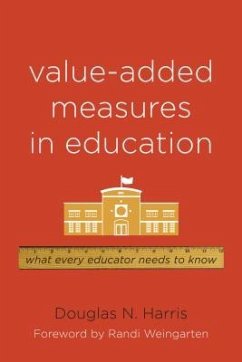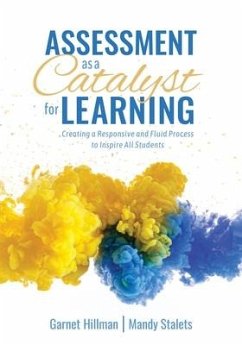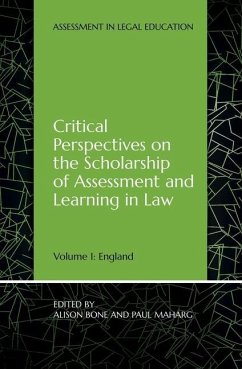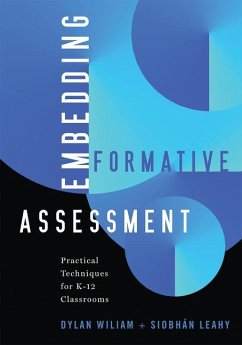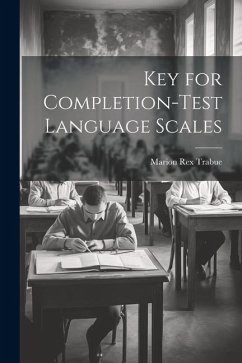Nicht lieferbar
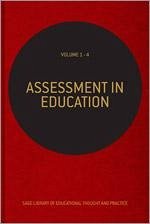
Assessment in Education
Versandkostenfrei!
Nicht lieferbar
Following on the success of 2008's Major Work, Student Assessment and Testing (ed. Harlen), this new four-volume Major Work revisits the topic of assessment in education but shifts the focus to take a more detailed look at important aspects of the subject previously only touched upon, such as: * Assessment carried out by teachers * Advances in technological approaches to assessment, most notably in computerized adaptive testing * Our understanding of assessment for learning (including peer and self-assessment, formative assessment and feedback) * Ethical dimensions such as students' rights and...
Following on the success of 2008's Major Work, Student Assessment and Testing (ed. Harlen), this new four-volume Major Work revisits the topic of assessment in education but shifts the focus to take a more detailed look at important aspects of the subject previously only touched upon, such as: * Assessment carried out by teachers * Advances in technological approaches to assessment, most notably in computerized adaptive testing * Our understanding of assessment for learning (including peer and self-assessment, formative assessment and feedback) * Ethical dimensions such as students' rights and entitlements This new collection brings together the best existing work in these areas, and is introduced by a newly-written contextualising chapter by the major work's esteemed editor, John Gardner.





